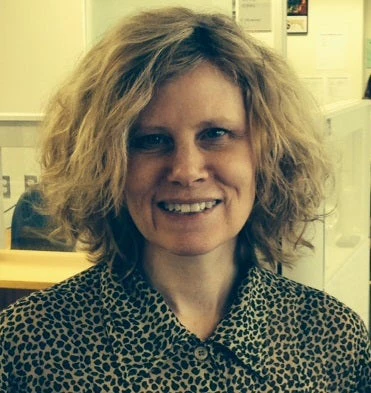U.S. First Lady Michelle Obama brought her passion for girls’ education and a powerful message to a packed World Bank atrium just ahead of Spring Meetings: Support education for adolescent girls, because it’s one of the smartest investments any country can make.
She was talking to the right audience — finance and development ministers entrusted with crucial spending decisions, development experts, and leaders from civil society, the private sector, and the media.
World Bank Group President Jim Yong Kim praised Obama as a “tremendous champion for the rights of girls and women.” He announced that the Bank Group would invest $2.5 billion over five years in education projects directly benefiting adolescent girls.
Obama welcomed the news as a “truly amazing. This isn’t just a breathtaking investment of resources, it’s also a powerful statement of mission.”
“It’s an expression of our belief in the power of education to transform the lives and prospects of millions of girls worldwide — as well as the prospects of their families, their communities and, of course, their countries,” she said.
The event was held on the two-year anniversary of the abduction of 200 Nigerian schoolgirls by the terrorist group Boko Haram.
Finance ministers and diplomats from Ghana, India, and Rwanda described their countries’ efforts to increase the number of girls completing secondary school, followed by U.S. Treasury Secretary Jack Lew, who said that equal opportunity for girls and women is at the heart of inclusive growth. The event was moderated by BBC correspondent Katherine “Katty” Kay, and webcast in Arabic, English, French, and Spanish.
In a heartfelt speech that won several rounds of applause, Obama urged policymakers and influencers around the world to “push girls’ education to the top of the agenda — the very top.”
“The research on the value of girls’ education is overwhelming and irrefutable … When we invest in girls’ education, when we embrace women in our workforce, that doesn’t just benefit them, it benefits all of us,” she said.
Some 62 million girls globally are not in school — and about half of that number are adolescents. An estimated 78 girls for every 100 boys complete lower secondary school in the average low income-country in Sub-Saharan Africa.
Keeping girls in school is associated with later marriage, later childbearing, lower maternal and infant mortality rates, lower birth rates, and lower rates of HIV/AIDS. A World Bank study found that every year of secondary school education is correlated with an 18% increase in a girl’s future earning power.
“You don’t have to be an economist here at the World Bank to know that unleashing the full economic potential of half the population can drive the growth and prosperity of nations,” said Kim.
Boosting the number of girls who complete secondary school has been shown to have an outsize impact on economic growth, said Kim. “So imagine the potential growth that countries can unleash if we level the playing field — and if every adolescent girl can complete a full 12 years of education.”
“On this I stand with Nobel Prize Winner Malala Yousafzai: 12 years of quality education should be the norm to which we aspire for every child in every country.”
The Bank Group’s $2.5 billion assistance for girls’ education will mostly come from IDA, its fund for the poorest countries, and be invested in education projects targeting girls 12 to 17, largely in Sub-Saharan Africa and South Asia. Those regions have the highest number of out-of-school girls.
Obama said the drive to educate all girls is not just about resources, but about whether “we truly believe that girls are worth educating in the first place. And that’s where this issue becomes personal for me...When I travel the world and I meet girls who are so bright and so hungry to go to school, I see myself in these girls. I see my daughters in these girls.”
“Make no mistake about it. These girls are our girls. Every last one of them. These girls are our responsibility.”
“If half the population cannot read, write, or count, if half the population cannot lift themselves or their families out of poverty, if half the population is devalued, abused, and oppressed, it won’t matter how many water systems we build or how many agricultural or entrepreneurship programs we start. If half the population is unable to contribute fully to their society, then meaningful, sustainable development simply will not be possible.”
Related:
Webcast Replay
Photos
Release
Speech


Join the Conversation